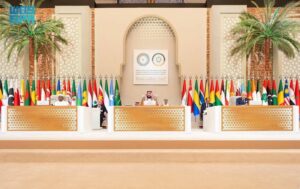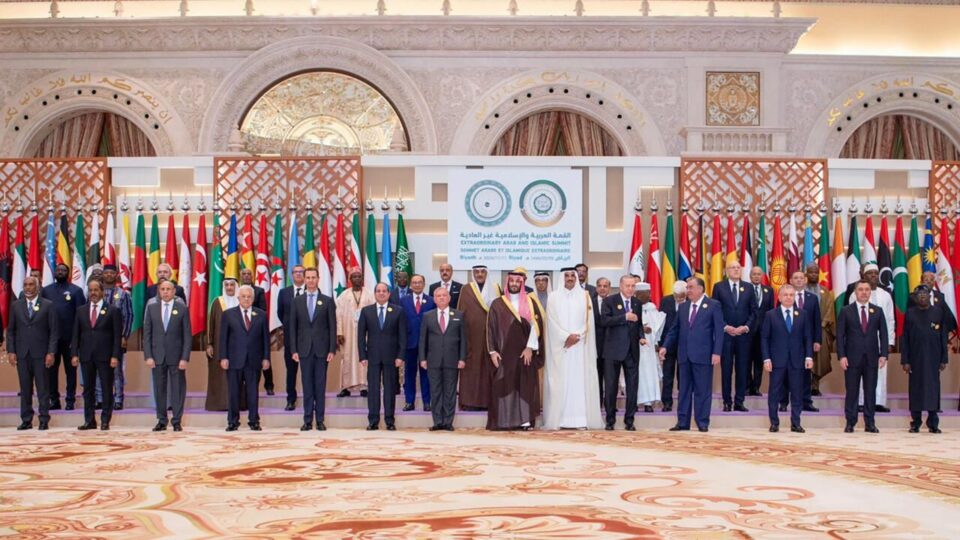

Islamic Nations Weigh Israel’s Suspension from the UN

Lead: Meeting in Jeddah on August 25–26, 2025, foreign ministers of the Organization of Islamic Cooperation signaled a sharp escalation in their stance against Israel, calling for a review of its UN membership and urging the world to halt arms transfers and impose sanctions.
On August 25 and 26, 2025, the Organization of Islamic Cooperation (OIC), bringing together representatives from more than fifty countries, held an extraordinary ministerial session in Jeddah to address the war in Gaza and the broader Israeli–Palestinian conflict. The ministers declared Israel “fully responsible” for the continuation of violence, accusing its military operations and settlement policies of violating the core principles of the UN Charter.
The resolution adopted at the meeting does not expel Israel from the United Nations,something that only the General Assembly can decide upon recommendation of the Security Council,but it represents a significant diplomatic signal. By instructing its members to examine Israel’s participation within the UN system, the bloc aims to amplify international pressure at a time when calls for accountability are intensifying.
The OIC ministers also urged the global community to impose targeted sanctions and suspend arms transfers to Israel, arguing that the continued supply of weapons fuels the conflict and worsens civilian suffering. While implementing such measures would require broad international consensus that remains elusive, the position taken in Jeddah underscores the bloc’s determination to turn political outrage into tangible action.
For Israel, the move adds to growing isolation in certain diplomatic arenas. For the OIC, it is a strategic attempt to shift moral appeals into political leverage. Whether this push gains traction beyond the Islamic world is uncertain, but the gathering in Jeddah sent an unmistakable message: silence in the face of war can no longer be tolerated.




